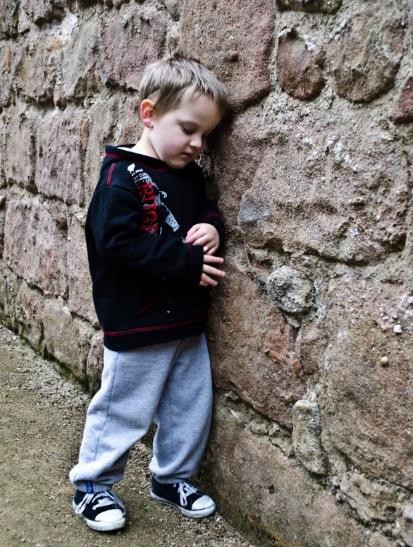74 Social and Emotional Competence
Social and personality development is built from the social, biological, and representational influences discussed above. These influences result in important developmental outcomes that matter to children, parents, and society: a young adult’s capacity to engage in socially constructive actions (helping, caring, sharing with others), to curb hostile or aggressive impulses, to live according to meaningful moral values, to develop a healthy identity and sense of self, and to develop talents and achieve success in using them. These are some of the developmental outcomes that denote social and emotional competence.
These achievements of social and personality development derive from the interaction of many social, biological, and representational influences. Consider, for example, the development of conscience, which is an early foundation for moral development.
Conscience consists of the cognitive, emotional, and social influences that cause young children to create and act consistently with internal standards of conduct (Kochanska, 2002). It emerges from young children’s experiences with parents, particularly in the development of a mutually
responsive relationship that motivates young children to respond constructively to the parents’ requests and expectations. Biologically based temperament is involved, as some children are temperamentally more capable of motivated self-regulation (a quality called effortful control) than are others, while some children are more prone to the fear and anxiety that parental disapproval can evoke. The development of conscience is influenced by having good fit between the child’s temperamental qualities and how parents communicate and reinforce behavioral expectations.
Conscience development also expands as young children begin to represent moral values and think of themselves as moral beings. By the end of the preschool years, for example, young children develop a “moral self” by which they think of themselves as people who want to do the right thing, who feel badly after misbehaving, and who feel uncomfortable when others misbehave. In the development of conscience, young children become more socially and emotionally competent in a manner that provides a foundation for later moral conduct (Thompson, 2012).[1]

- Children’s Development by Ana R. Leon is licensed under CC BY 4.0 ↵

